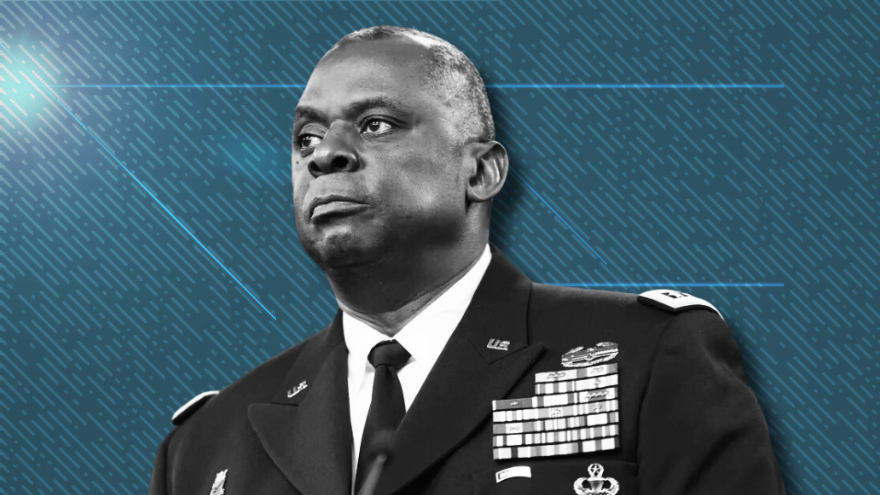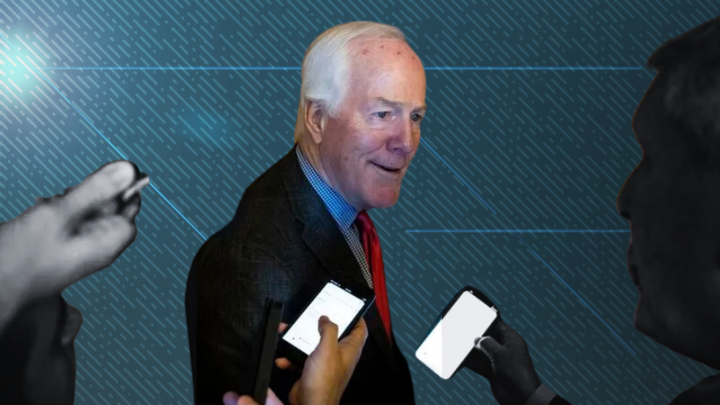Secretary of Defense Lloyd Austin appeared before Congress where he was questioned about his decision to hide his January hospitalization.
Austin, who has since revealed he has prostate cancer, was rushed to Walter Reed National Medical Center on Jan. 1 following complications from a procedure he underwent just before Christmas. The defense secretary did not inform the White House, the National Security Council, or Congress until Jan. 4. Austin ultimately spent two weeks at Walter Reed, including several days in critical care.
Republican members of the House Armed Services Committee stressed that the incident and the deception indicated a weakness in the Biden administration. They also aired their concerns for the country’s national security.
“Our adversaries should fear us, and you have embarrassed us,” said Congressman Jim Banks of Indiana, according to USA Today.
New York Congresswoman Elise Stefanik pointed out that during the first three days of Austin's hospitalization, international tensions were heightening amid drone strikes in Iraq.
“The president of the United States was not aware that you were not in the chain of command. So, God forbid there was a retaliatory strike that would have caused potential delays,” Stefanik said, per Politico. “Do you understand why this is unacceptable to the American people and to those military families?”
Congressman Michael Waltz of Florida said Austin held himself to a “different standard” by not disclosing his hospitalization.
“My teenage daughter knows to tell her supervisor if she’s not going to work,” said Waltz. "The American people — truck drivers, bartenders — know they have to tell their boss or they get fired. But you’ve held yourself to a different standard. And that’s unacceptable.”
The Defense Secretary blamed the lack of communication on his staff.
“I was the patient, and so I expect that my organization would do the right thing,” Austin said.
Austin apologized at a press conference on Feb. 1. He emphasized that there were no gaps in authority during his health crisis and no risks to the department’s command and control."
“I want to be crystal clear – we did not handle this right. I did not handle this right,” said Austin. “I take full responsibility. I apologize to my teammates and to the American people.”
“I don’t think it’s news that I’m a pretty private guy. I’ve never liked burdening others with my problems. It’s not my way,” he continued. “But I’ve learned from this experience. … Taking this kind of job means losing some of the privacy that most of us expect.”
The Pentagon investigated the incident and found no wrongdoing.
“The Secretary’s staff focused on ensuring continuity of the mission following standing processes,” the review states. “Their efforts, while respecting the Secretary’s privacy, combined with the uncertainty of a medical situation and its bearing on how best to execute a TOA in the absence of an established methodology for making such an unplanned decision, may have contributed to the lack of comprehensive information sharing about the situation.”
“Nothing examined during this review demonstrated any indication of ill intent or an attempt to obfuscate,” the report concluded.

